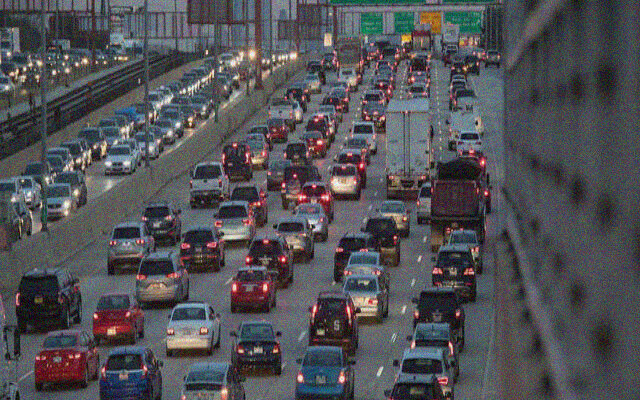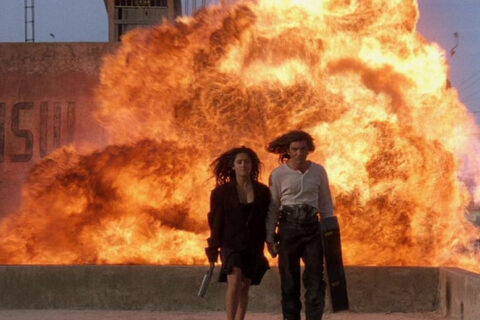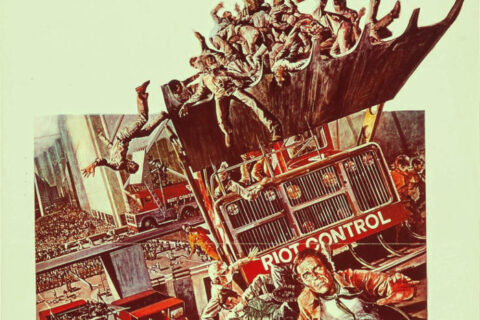Swindling, plunder, and deceit are signature characteristics of our unsustainable economic and financial system. However, energy might be the most essential piece. Without a stable, affordable supply there’s not much of a future, no matter what happens. Prices, therefore, offer a great deal of explanatory value on what transpires around the world.
This constant harping “renewable energy” and “fossil fuels” is exasperating. Both are about as disingenuous as “global warming,” which had to be changed into “climate change.” The original was far more ominous and compelling. That’s why it was chosen in conjunction with fossil fuels. However, it proved so absurd it had to be converted to something that could fit any situation.
The other thing to keep in mind is that electricity is the means by which energy is transmitted from where and however it is generated to consumers. Whenever there’s talk about electrifying something, there’s still the issue of how to generate the energy.
Macrovoices did an interesting and lengthy energy series. It offers no particular revelations to any close follower of the subject, but offers a rather interesting thesis and does a good job of explaining it in layman’s terms.
Essentially, his contention is that while oil and gas aren’t running out, the ease and thus cost of extraction is increasing. There’s no substitute in the foreseeable future. Meanwhile, sufficient investments haven’t been made to ensure an adequate supply because policy has steered them away. The solution to producing more energy for electrification in the long term would be advances primarily in nuclear energy. They’re possible but aren’t happening enough because everything in this sector is controlled by the government. So, we’re probably in for an energy crisis.
I spend lots of time on the treadmill listening to podcasts. I’m not saying to invest five hours of your time, but the thesis is worth some consideration when you’re pondering the future. I find the technical topics more calming than wondering when enough child trannies will be produced to open a portal to Hell.
Now it’s time for the rant. The reality of our situation is that elites pursue a clusterfuck of contradictory policies that reflect objectives which don’t make any sense when considered as a whole. Here’s two: populations are involuntarily diversified through social engineering and importing the scum of the Earth. Concordantly, elites condemn people for doing too much driving.
For almost all of human history, it would be insane to be living far apart. It’s dangerous and prohibitively inefficient. Settling the American frontier was a perilous endeavor for which those brave souls used to be admired. In Europe, rural life still happens in towns and villages. When Europeans emigrated to places like New York City, they lived close together in ethnic enclaves.
My suspicion is that the core of most modern Americans’ objection to living close together is who’s going to be there and how that would imperil safety and quality of life. Most residents of new developments along the interstates live nearly as close to each other as Europeans. They can open the windows, lean out and touch each other’s houses. Why commute an hour each way every day? Well, because certain demographics can’t and they’re not the White guys from the home security commercials.
It’s actually nice walking everywhere (weather permitting) and not spending so much time and money on a car or lawn. Of course, that’s in a homogeneous situation.
For instance, I lived in Spain around 20 years ago when it was still Spanish. I just walked everywhere and there was delightful al fresco cafe and bar culture. If I needed groceries, there were little shops all over the place. Mom-and-Pop too, from butchers to bakeries. There were buses, but I never bothered taking them.
I once lived in a huge apartment complex in an East Asian city. If I wanted a parking space, the only one available was two stories underground, accessible via a car elevator about the size of an F-150. It would’ve cost more than the apartment and my company wasn’t going to pick up the bill, so why bother? Everything required was close and parking was a nightmare anyways. There was also a subway and almost no crime.
America is a completely different situation. We’ve got to drive. Even so, we’re bombarded with this hysteria over why everyone has to buy an electric vehicle even though there’d never be enough raw materials for the batteries or capacity on the grid. Most people can’t even afford a decent used car at this point, and you can’t save the Earth without buying a Tesla?
I wish I could say it’s all so tiresome and pour myself a drink, but I’m not tired. Quite the opposite, in fact. I’m abstaining from booze until summer and I’ve gone keto. I’m more wired up than this country could ever hope to achieve.
I’ll end by reiterating the fact that diversity is dumped on us in the form of humans who wouldn’t even exist without our subsidies. This enables them to consume modern amounts of energy instead of living in huts that beavers wouldn’t waste a raffle ticket on. In response, we waste massive amounts of energy avoiding them unless they’re paid to come to our houses with their leaf blowers. I hate it when my neighbors do that, they’re rich and there’s plenty of White teenagers playing video games who could use brooms and rakes. Time for the treadmill.

I’m proud to officially announce my candidacy for the office of Dogcatcher.






You are correct, it’s really crazy to think how much money and time we spend in this world for safety and security. I drive 47 miles one way to work every day. I do so to live in a place my kids can prosper in a community that thinks like me. Most areas around industrial areas are complete dumps and not fit to live around, such as my employer. Also in much of the south most small towns had some kind of mill, factory, or cannery that employed the majority of the community, often times families worked together in a multi-generational capacity, people often had pride in their job because their family had 2 or 3 generations worth of employment there. Sadly those days are long gone and if you want to live outside of a urban lifestyle, you have to travel, just the way life is for the modern blue collar worker.